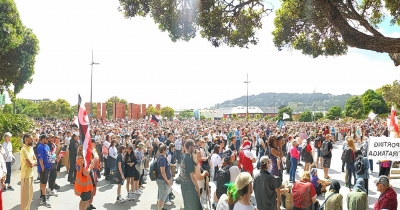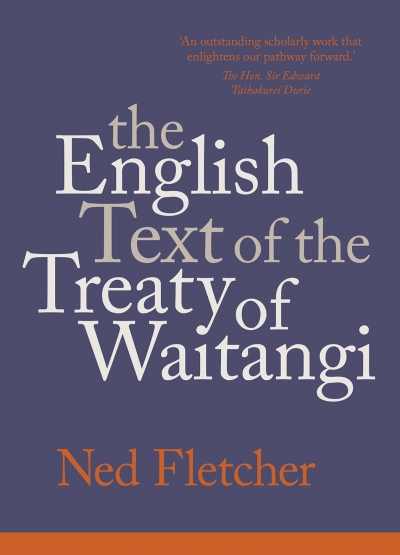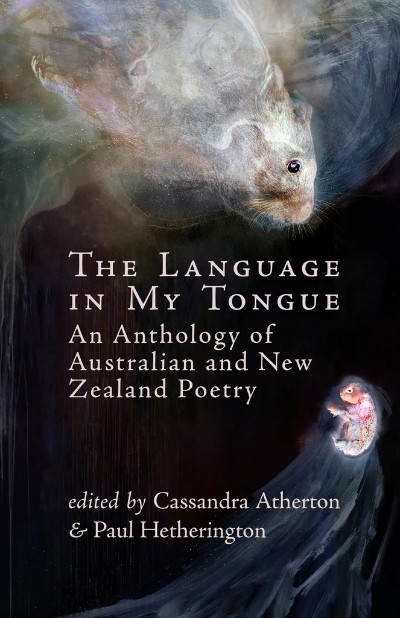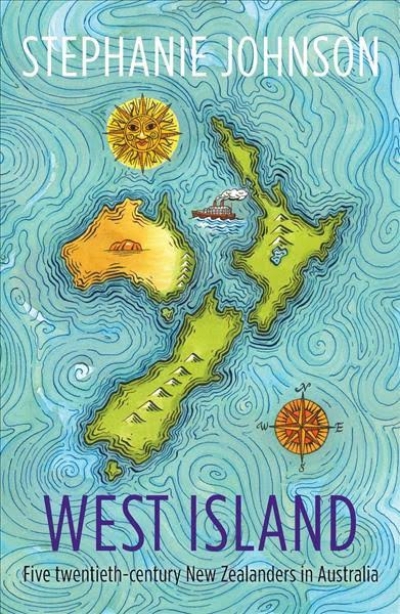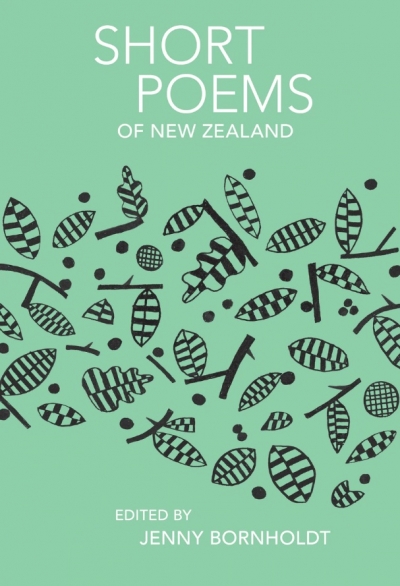New Zealand
From across the ditch, New Zealand can look like a place where settlers and Indigenous people have forged a successful, postcolonial modus vivendi. The image conceals more than it reveals. As in Australia, relations between Indigenous people and the state are fraught. At the November 2023 election, right-wing minority parties won electoral support by rejecting what they have characterised as special privileges to Māori. And a long-standing, bipartisan consensus on ‘biculturalism’ is breaking down.
... (read more)'A Bloody Difficult Subject': Ruth Ross, te Tiriti o Waitangi and the making of history by Bain Attwood
The Language in My Tongue: An anthology of Australian and New Zealand poetry edited by Cassandra Atherton and Paul Hetherington
The art of poetry is alive and well in New Zealand in the 1980s. In spite of the economic recession which has decimated literary journals and made the publication of poetry more than ever a dubious commercial proposition, in terms of both quality and quantity New Zealand poetry has probably never been stronger. There are a number of factors contributing to this situation. One is that, leaving aside isolated colonial precursors, poetry as a continuous history in New Zealand is a relatively recent affair going back only fifty or sixty years. Consequently, the stream has become broader and deeper with each passing decade, and yet the beginnings of the tradition are still (as it were) concurrent through the survival and continued activity of poets such as Allen Curnow, now in his seventies, who published his first book fifty years ago. There are in the 1980s poets active from every subsequent generation which has fed into the stream: poets from the 1940s (Louis Johnson, Kendrick Smithyman, Alistair Campbell), poets from the 1950s (Ruth Dallas, W.H. Oliver, C.K. Stead), poets from the 1960s (Vincent O’Sullivan, Hone Tuwhare. Michael Jackson), poets from the 1970s (Sam Hunt, Bill Manhire, Ian Wedde), and finally poets who have emerged within the last few years (Meg Campbell, Keri Hulme, Cilla McQueen), to mention only representative names.
... (read more)The house of fiction in New Zealand, neither a large not crowded dwelling at the best of times, has emptied somewhat dismayingly over the past year or two with the deaths in rapid succession of four highly respected long-term tenants: Ngaio Marsh, John A. Lee, Frank Sargeson, and M.K. Joseph, the first three of whom have been in residence for almost fifty years.
... (read more)
